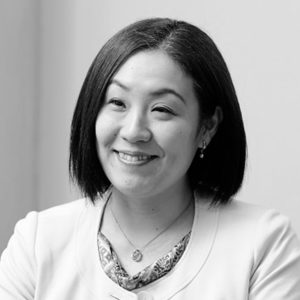“Whose Time Am I Spending? Non-zero-sum Time Perception Promotes Psychological Well-being and Prosociality” by Yu Niiya of Hosei University, Japan, has been announced as a keynote to be presented at The 13th Asian Conference on Psychology & the Behavioral Sciences (ACP2023) and The 13th Asian Conference on Ethics, Religion & Philosophy (ACERP2023).
To participate in ACP/ACERP2023 as an audience member, please register for the conference.
This plenary will also be available for IAFOR Members to view online. To find out more, please visit the IAFOR Membership page.
Abstract
Whose Time Am I Spending? Non-zero-sum Time Perception Promotes Psychological Well-being and Prosociality
In modern societies, time is a precious asset. Just like money, we invest, trade, spend, save, borrow, give, lose, and even steal time. Just like money, we see it as a zero-sum resource that can be taken or given. But time could be also conceived as a non-zero-sum: Time may be just there, created moment by moment, and may not belong to anybody. Drawing on an experience sampling survey and a series of experiments, I will present empirical evidence which demonstrates that when people perceive that time spent on others is time spent on the self and vice versa (i.e., they perceive time as non-zero-sum), they experience greater relatedness, autonomy, competence, and satisfaction with life, less stress and time pressure, and more willingness to spend time helping others. None of these effects appeared when people perceived that they were offering or sacrificing their time for others or when others were taking away their time (i.e., perceive time as zero-sum). Drawing on the ecosystem theory of relationships (Crocker & Canevello, 2015), I will suggest that people can enhance psychological well-being and prosociality when they care for others without sacrificing the self.
Speaker Biography
Yu Niiya
Hosei University, Japan


